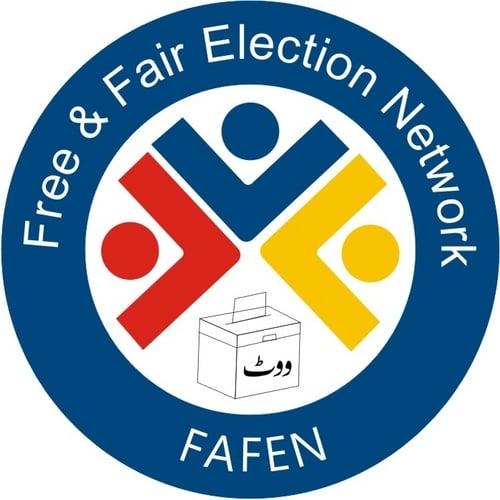Islamabad:
The electoral courts trained to rule on the electoral disputes linked to the general elections of last year decided by 11 electoral petitions in January 2025, increasing the total number of petitions decided to 112 to 30% of the overall workload.
The free and fair electoral network (Fafen) revealed it in its sixth update on the process of resolving electoral disputes – an update based on the systematic monitoring of electoral petitions.
Among these, nine petitions were decided by three courts in Lahore, while the courts of Bahawalpur and Karachi each decided on a petition.
Among the petitions decided, six were filed by independent candidates supported by the PTI, four by PML-N candidates, and one by one candidate of the Istehkam-E-Pakistan Party (IPP). The 11 petitions were rejected.
The process of settlement of electoral disputes had grown in the last quarter of 2024, with around 70 queries decided, mainly by the three courts of Balutchistan made up of high court judges.
However, progress slowed down in January, probably due to the winter holidays observed by the high court of Balutchistan (BHC) from December 26, 2024 to February 25, 2025.
On the other hand, the elimination of petitions in Punjab accelerated following prolonged delays caused by legal challenges to their constitution. Fafen followed 371 electoral petitions deposited with 23 electoral courts across the country.
To date, the three courts of Balutchistan have collectively decided 41 of the 51 disputes (80%). The Punjab, which has nine courts, decided 45 of the 192 petitions (23%).
The five Sindh courts resolved 17 of the 83 petitions (20%). Khyber Pakhtunkhwa (KP), where six courts were established, eliminated nine of the 42 petitions (21%).
Until now, 25 petitions (20%) out of 123 contesting the results of the districts of the National Assembly have been decided, including 12 in Punjab, seven in Balutchistan, four in the Sindh and two in the KP.




